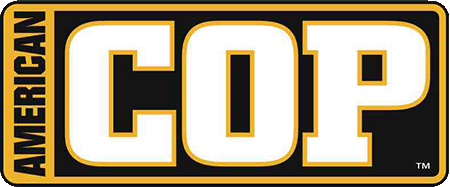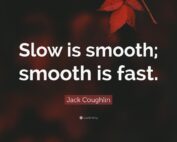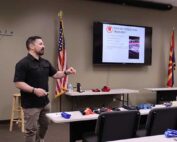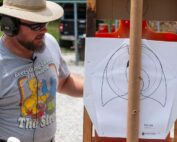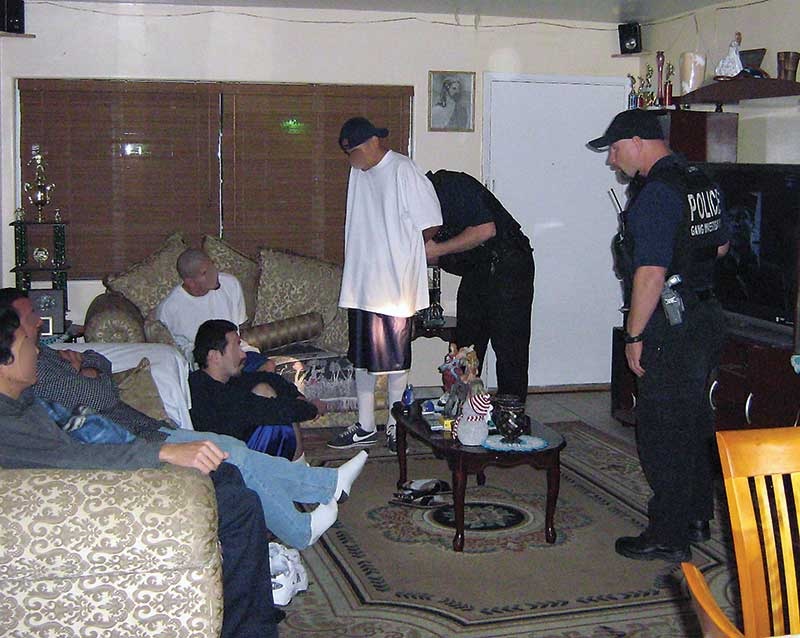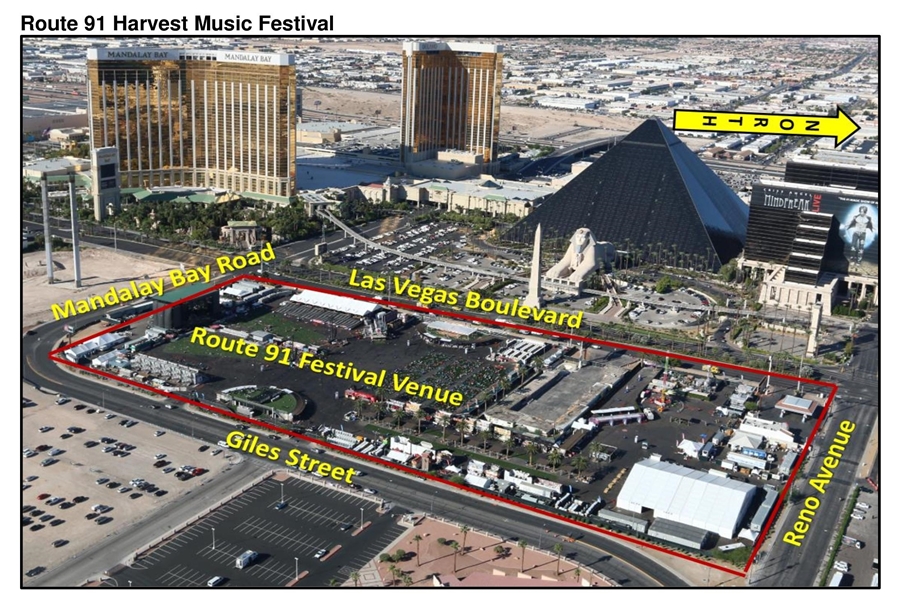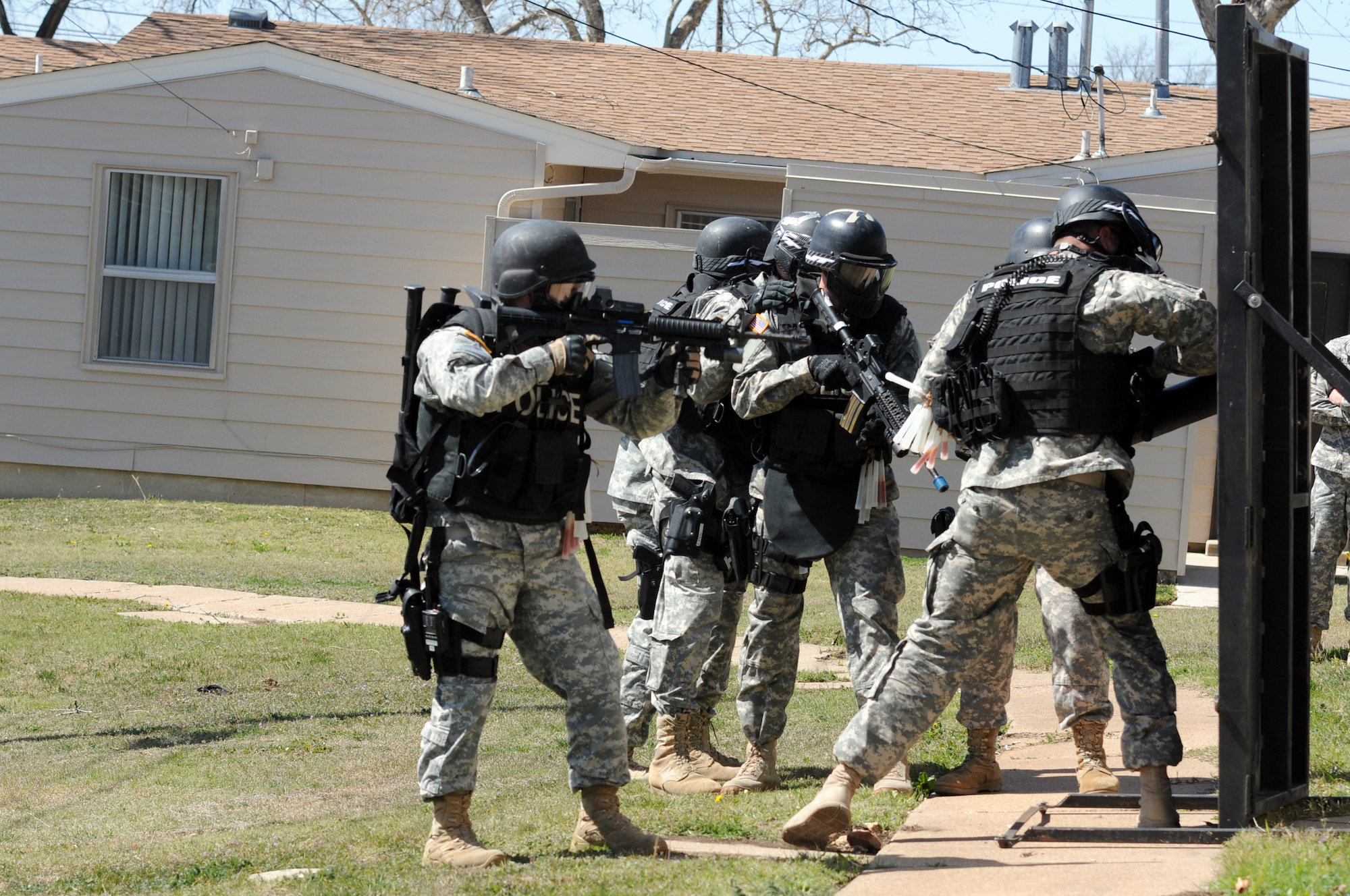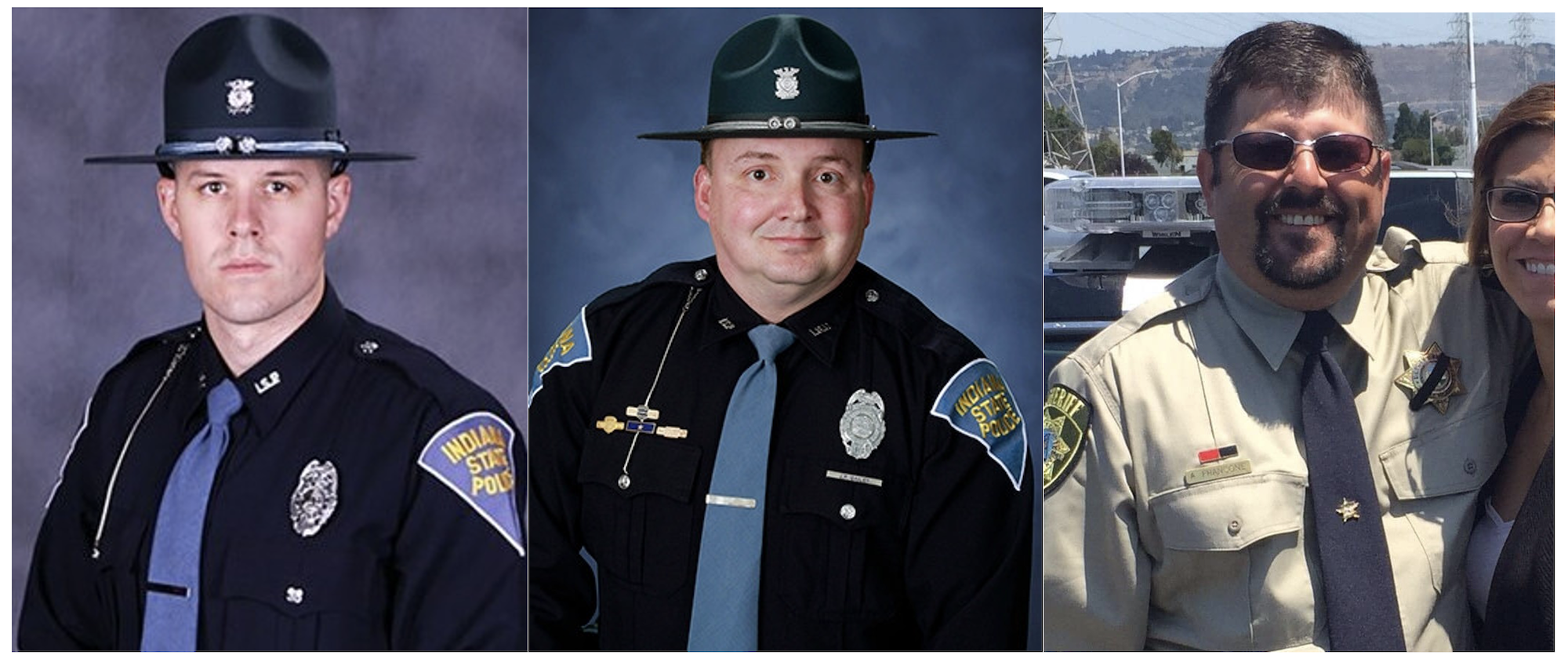
VANTAGE-HEAD
I was watching a short lecture video on TED (Technology, Entertainment and Design, www.ted.com) and it really got me thinking about my career. More importantly, it got me taking a hard look at the bigger picture of life. The lecture — or as they’re called on TED, “TED Talks” — is entitled “Should you live for your résumé … or your eulogy?” The talk is presented by New York Times columnist David Brooks and is only five minutes long.
Brooks first describes the differences between résumé virtues and eulogy virtues. Everything we bring to our professions gets listed on our résumés, while the list for our eulogy is full of the things we brought to make our lives complete — the deeper you. He addresses the résumé/eulogy question with guidance from The Lonely Man Of Faith, a book written in 1965 by Rabbi Joseph Soloveitchik. The belief is we spend much of our lives trying to maintain a balance between our dual natures: the person who strives to present their best résumé, i.e., the driven person, and the person who strives, for lack of a better term, to do the right thing. The concept of our dual natures as human beings really strikes a chord.
Brooks aptly points out we (society in general) focus more on the résumé-chasing than we do on the deeper stuff. Distilling it to how it relates to this profession, I can look back upon my own career and see, despite my best efforts, how I spent an inordinate amount of my time looking to fill my résumé full of wonderfulness. I wanted to present myself as a well-rounded officer, so I went to all the schools and training I could. I didn’t have any ambition of promoting, but I certainly wanted to make my way into Homicide. There were speed bumps and a few walls along my path … and then there was my propensity for tilting windmills.
Now, from the comfort of my office chair — and being older and wiser — I can see just how driven I was, and how little any of it would really matter during my eulogy. I was pretty out of touch with the deeper side of the scale. Sure, I strived to always do the right thing, but I wasn’t always successful. Hell, none of us can claim to always do the right thing. And why worry about doing the right thing anyway?
For me it had nothing to do with religion. In fact, I don’t have a religious belief system. I simply try to live by the credo: Is it legal, ethical and moral? But this isn’t about religion; it’s about exploring why we’re here as cops, why we do what we do and why our values, commitment and convictions seem to change. Why would I sometimes throw the book at someone one day, but bend over backwards the next day to “help” someone else in a similar scenario? And we all do this … even you!
We’re so focused on conquering the world one moment, and then suddenly come to an often brief realization people would say terrible things about us — in our eulogies. I don’t think this is a conscious realization, by the way. Perhaps I’m being overly simplistic, but have you ever had a mini panic attack and felt yourself out of life-balance — for just a second?
I’ve watched Brooks’ talk numerous times and I’ve thought about and applied his ideas to some very mundane things lately. For instance, I was mowing the west pasture of my property and concentrating on keeping my rows straight. Farmers have huge combines with GPS to keep them “on the straight and narrow.” My brain is my GPS while I’m mowing or doing other mundane tasks. When I was a cop my brain and my heart were my GPS — and they should be yours too.
Do you have to stack charges against a suspect you’ve arrested or ticketed? Do you have to make the homeless guy feel worse than he already may feel about his living conditions? Is it really necessary to make the burglary victim feel more stupid for leaving himself vulnerable? Would having a little compassion make you less of an officer?
Hardly.
If you suddenly died, and a peer officer stood in front of your friends, neighbors and admirers and said, “Yeah, Bill could really make a homeless guy feel bad about himself. And it was always great to hear him put down a burglary victim as he went over the mistakes they made contributing to their home invasion. Oh, and man-oh-man, he always left his family and went to every school he could. He liked to hang out with the guys and was always schmoozing with the command staff so he could promote over everyone else.”
Really? Is that your legacy?
How about, “We all loved Bill because he always had time for us. Regardless of what was going on, he took the time to help us. In the field, it seems as if he was always telling the dispatcher he’d be late back to the barn because he was on a case involving a child abuse. And I remember he always volunteered to take calls on our beats if he knew we were busy. And I still keep that photo of him and the kids he took to that ‘Shop with a Cop’ Christmas event. I was with him, and I remember he dug into his own pocket and added money so one kid could get his sister a new coat for winter. Gads, we’ll miss him …”
And you can do so much more beyond what your squad mates can see. There’s letting down your guard at home, letting your family and close friends see the whole you — warts and all. It’s pretty scary being open like that with others, but giving in to it is liberating and works wonders bringing those close to you even closer. There were a few times during my police career when I allowed Roy, our daughter Madison and a few very close friends get past my tough-girl walls, and when they got past them they never violated the sanctity of my deepest thoughts. Yet, I still managed to keep the walls up — a lot.
Today, I’m more at ease trying to get in touch with the person I want eulogized. It can feel like a leap of faith, but it beats being caught in the rat race of résumé-chasing. Rather than blindly (shallowly?) doing stuff, I’m instead working on showing the world I’m someone who’s both loving and caring, as well as a person who’s committed and has convictions. I have a better understanding of why I strive to do the right thing … no matter what that is.
That’s not weakness — it’s strength.
Are you giving back? And I mean for the right reasons — not for scoring extra points for the promotion you’re after. Do you volunteer at a shelter? The Boys and Girls Club? A drug, rape and suicide hotline? What about helping the elderly? What’s missing for you? Find it. Those you help reap the benefits of your time — something much more valuable than any money you could give. You benefit by finding a balance between living for your résumé … and your eulogy.
By Suzi Huntington
Read More Vantage Point Articles
Order Your Printed Copy Of The American COP July 2014 Issue Today!
Download A PDF Of The American COP July 2014 Issue Now!
